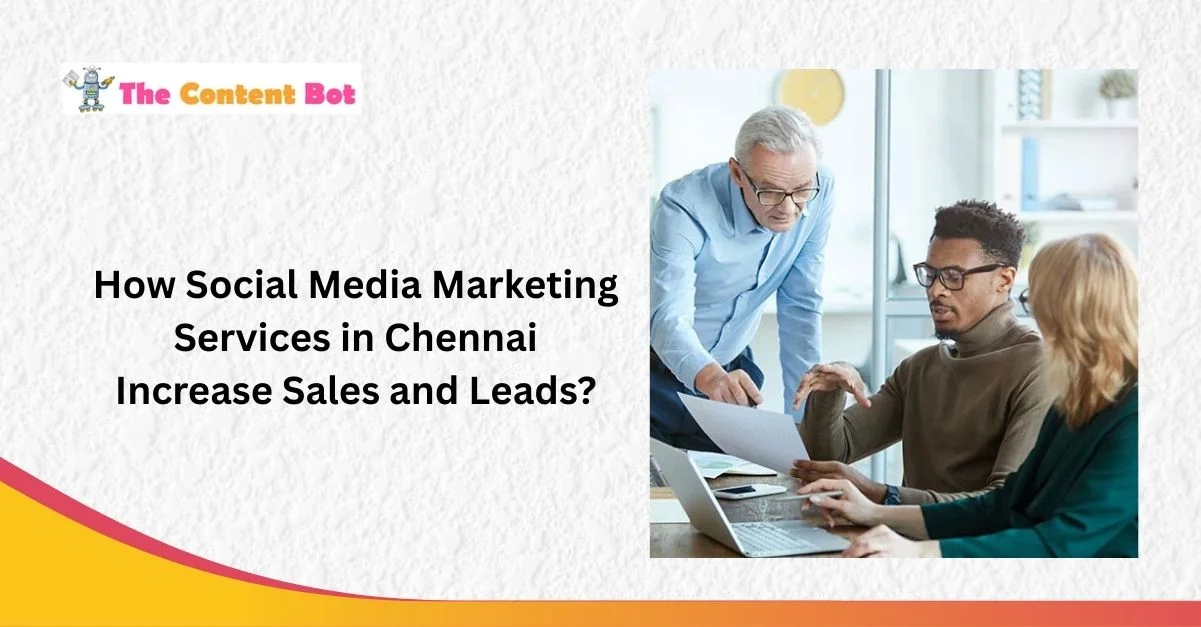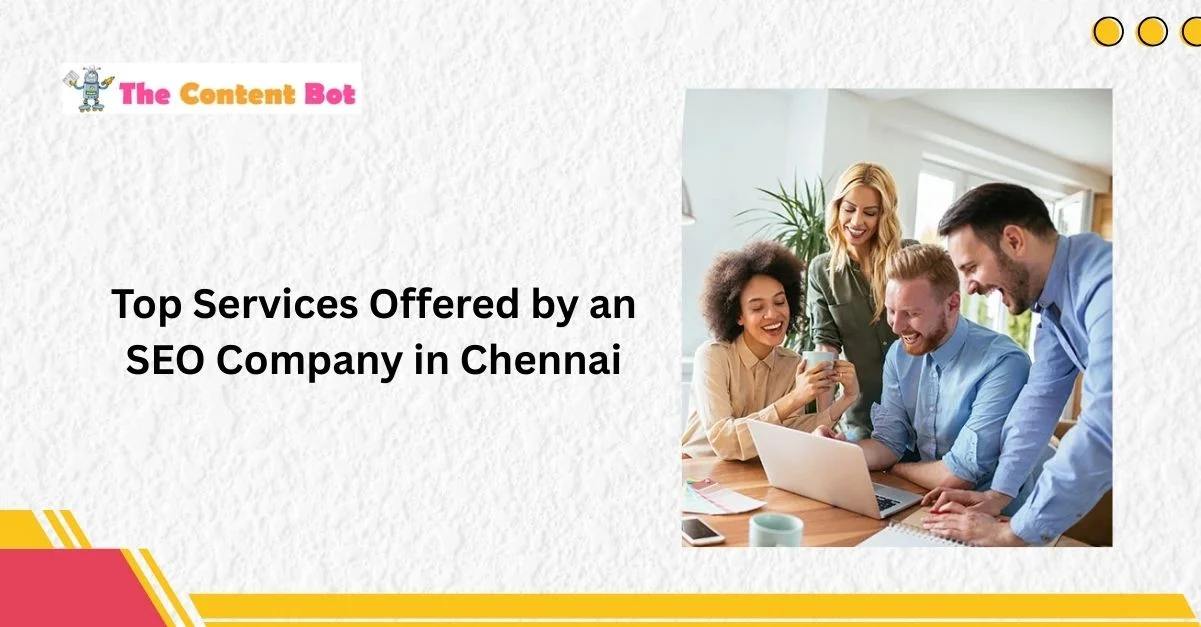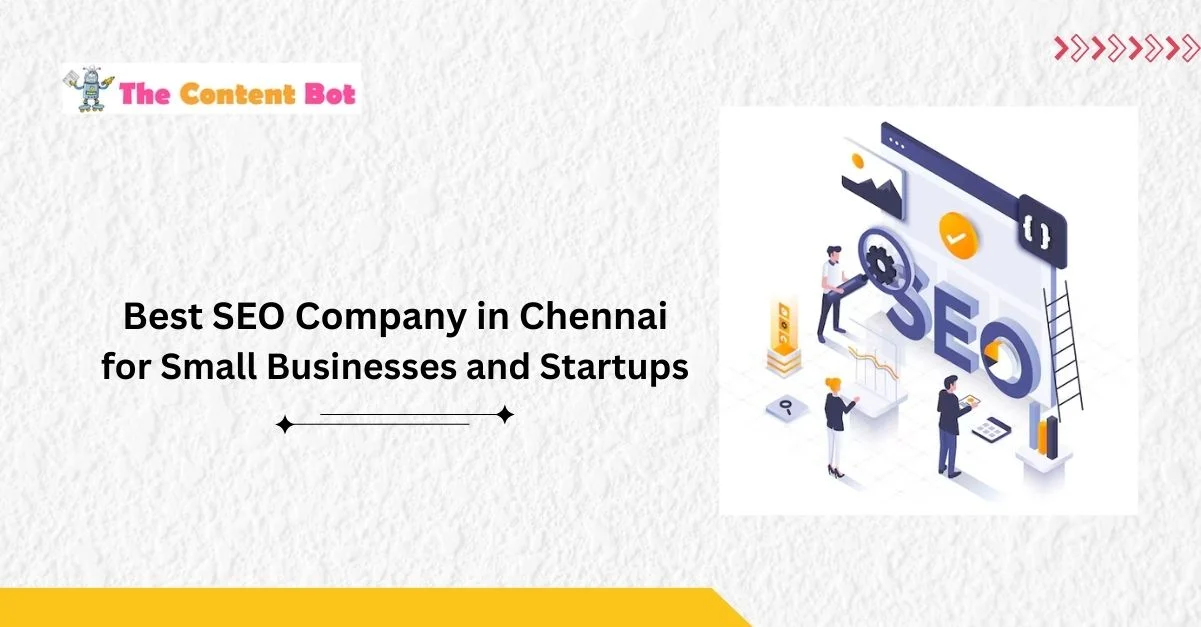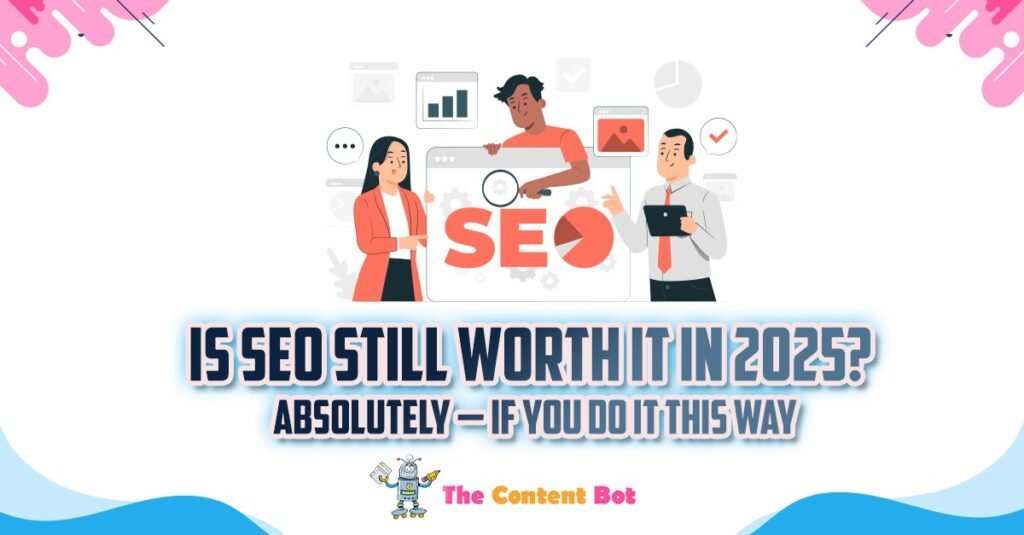
SEO in 2025 – With AI-generated content, algorithm changes, and rising competition, many businesses are asking: Is SEO still worth it in 2025? The short answer is yes if you’re doing it right. SEO has evolved beyond keywords and backlinks. Today, it’s about delivering search intent, user experience, and value at every stage of the customer journey. This blog explores how SEO still delivers one of the highest ROIs in digital marketing and how to adapt your approach to make it work now and into the future.
1. Focus on Search Intent Over Search Volume
In 2025, Google cares less about how many keywords you stuff into a page and more about whether you’re solving a real user problem. Successful SEO now hinges on understanding intent: what your prospect is really looking for when they type in a query.
That means optimizing content not just to rank but to provide real, relevant answers. Whether it’s a quick tip, an in-depth guide, or a product solution, your content should meet users exactly where they are in their journey.
Key Insight: Ranking is still important, but relevance is everything. Meet intent, and the rankings will follow.
2. Technical SEO Still Matters (But It’s Not Everything)
A fast-loading, mobile-friendly, technically sound website is non-negotiable in 2025. Google continues to prioritise performance, accessibility, and clean site architecture.
But don’t obsess over perfect Core Web Vitals while neglecting content. Great technical SEO sets the stage but it’s you’re messaging and UX that close the deal. A well-optimized site should serve both bots and buyers.
Key Insight: Technical SEO is your foundation but it must be paired with compelling, human-centred content.
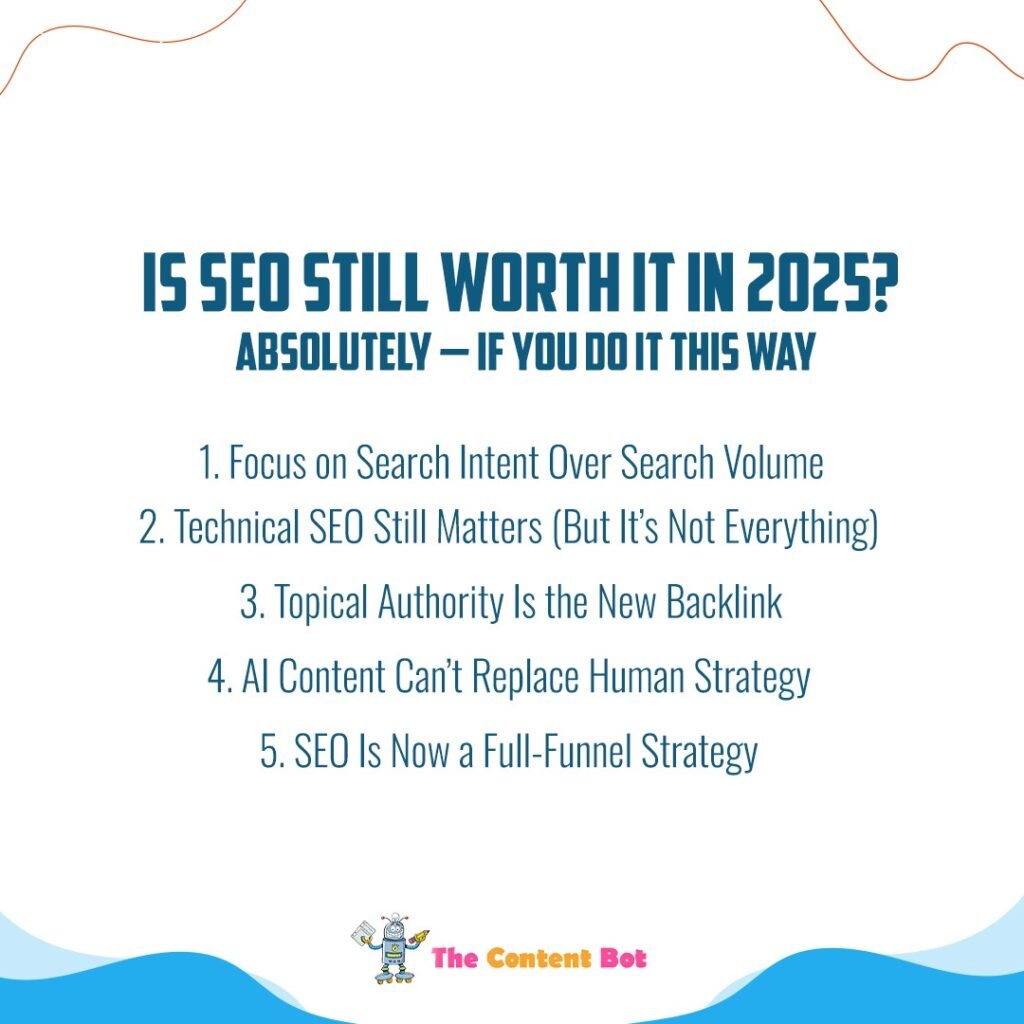
3. Topical Authority Is the New Backlink
Backlinks used to be the holy grail. While they still carry weight, Google’s algorithms are now tuned to assess topical authority your brand’s credibility on a specific subject.
This means clustering your content around key themes, creating in-depth guides, and internally linking related articles. When you go deep (not wide), you send strong signals to Google that your site is a go-to resource in your niche.
Key Insight: Becoming a trusted voice in your niche is more powerful than chasing backlinks from unrelated sites.
4. AI Content Can’t Replace Human Strategy
Yes, AI tools can generate decent content. But they can’t replicate brand voice, personal experience, or strategic storytelling things that both Google and your audience now expect.
In 2025, SEO success comes from blending AI efficiency with human creativity. Use AI to support your workflow, not drive it. The goal is still to create content that’s original, emotionally resonant, and insight driven.
Key Insight: AI can assist, but it can’t connect. Human context is your SEO differentiator.
5. SEO Is Now a Full-Funnel Strategy
Modern SEO isn’t just about bringing users to your site it’s about guiding them from awareness to action. The most effective SEO strategies map content to every funnel stage: from discovery blog posts to product comparisons and case studies.
When done right, SEO not only increases traffic it boosts conversions, lowers CAC, and improves retention.
Key Insight: SEO isn’t just top-of-funnel anymore it’s a strategic asset across the entire customer journey.
How The Content Bot Can Help
At The Content Bot, we help future-ready businesses get the most out of modern SEO without the fluff, the guesswork, or the burnouts. Whether you’re a startup founder, a lean B2B team, or an established brand, our approach is designed to generate qualified leads, not just rankings.
Here’s what we bring to the table:
- Intent-driven keyword research that aligns with your business goals
- Content strategy and topical mapping to build authority in your space
- Conversion-optimised, human-first content your audience will trust
- Technical SEO audits and fixes to ensure a strong foundation
- Analytics and ROI tracking to prove every piece is pulling its weight
SEO in 2025 isn’t dead it’s just evolved. And we’re here to help you lead, not lag behind.
Frequently Asked Questions
Isn’t SEO becoming irrelevant with AI search?
Not at all. Search is evolving, but users still rely on Google for trusted answers. SEO now includes optimising for AI and featured snippets not just blue links.
Does SEO still work without paid ads?
Yes. In fact, organic SEO can deliver compounding ROI over time, while paid ads stop working the moment you stop spending.
How do I know if my SEO is working?
Look beyond rankings. Track organic traffic, conversion rate, time on page, and lead quality. True SEO success impacts business outcomes.
Can I start SEO without a blog?
Yes. Service pages, landing pages, FAQs, and product descriptions can all be SEO assets if done strategically.
Real-Life Scenarios
- We helped a lean SaaS company focus on topic clusters instead of chasing random backlinks. In six months, they ranked #1 for three core service keywords and saw a 35% increase in demo signups.
- After fixing slow load speeds and cleaning up their site structure, a Health tech startup’s bounce rate dropped by 27%, and lead forms started converting at 2x their previous rate.
- A blog-heavy business was seeing high traffic but low conversions. We mapped their content to funnel stages and added internal links + CTAs. Their MQLs jumped by 60% in 90 days.
Final Thoughts
SEO in 2025 isn’t about gaming the system it’s about understanding it. Google’s mission hasn’t changed: to surface the most relevant, valuable content for users. But how you get there requires a more strategic, intent-driven, and human-centred approach.
If you’re still relying on outdated tactics, you’ll struggle to see ROI. But if you treat SEO as a long-term, full-funnel growth strategy one that aligns with both your audience and your brand you’ll not only rank. You’ll convert.
Done right, SEO is still one of the smartest, most scalable investments your business can make. The key is doing it with purpose, precision, and persistence.

